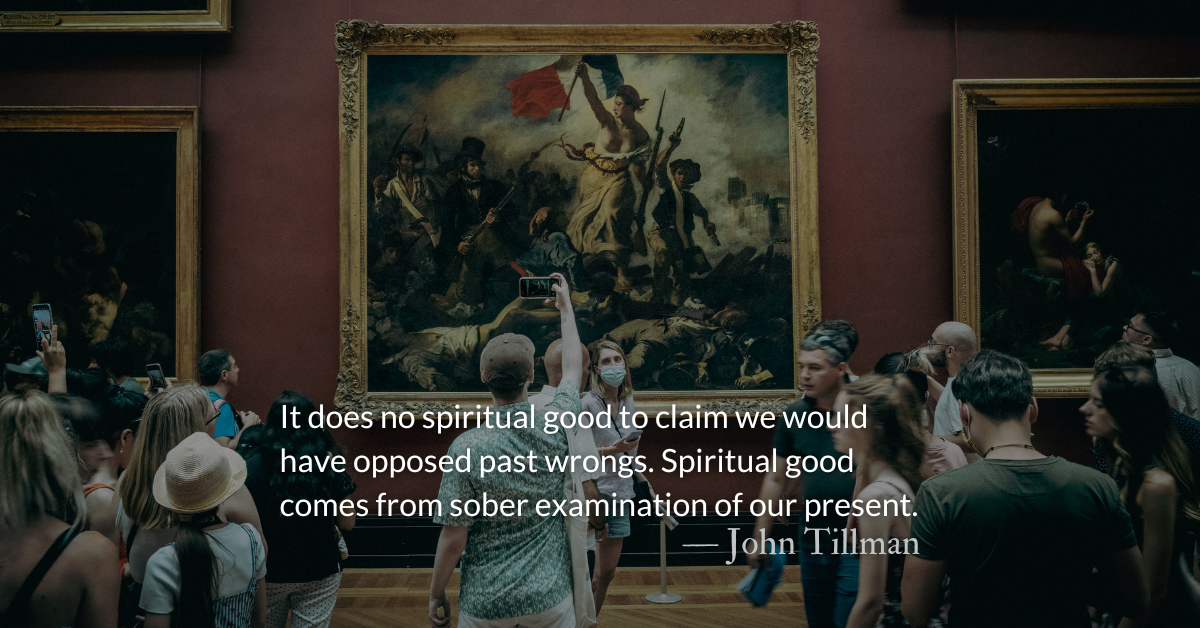Scripture Focus: 1 Kings 4.20, 25
20 The people of Judah and Israel were as numerous as the sand on the seashore; they ate, they drank and they were happy…25 During Solomon’s lifetime Judah and Israel, from Dan to Beersheba, lived in safety, everyone under their own vine and under their own fig tree.
1 Kings 5.13-18
13 King Solomon conscripted laborers from all Israel—thirty thousand men. 14 He sent them off to Lebanon in shifts of ten thousand a month, so that they spent one month in Lebanon and two months at home. Adoniram was in charge of the forced labor. 15 Solomon had seventy thousand carriers and eighty thousand stonecutters in the hills, 16 as well as thirty-three hundred foremen who supervised the project and directed the workers. 17 At the king’s command they removed from the quarry large blocks of high-grade stone to provide a foundation of dressed stone for the temple. 18 The craftsmen of Solomon and Hiram and workers from Byblos cut and prepared the timber and stone for the building of the temple.
Reflection: Rosy Idealism vs Gritty Reality
By John Tillman
One chapter paints a glowing, idealistic picture of Solomon’s reign, packed with prophetic references. The people are “numerous as the sand on the seashore,” referencing God’s promise to Abraham. (Genesis 22.17) They ate, drank, and were happy, with “peace on every side,” as promised to their ancestors. (Joshua 21.44) They lived in safety, everyone “under their own vine and fig tree,” an idyllic state that would be referenced by the prophet Micah and many others. (Micah 4.4)
The next chapter is a reality check. The idyllic portrait was a partial picture. For at least 30,000 Israelites, the reality included forced labor. Everyone lived under their own vine and fig tree for two out of three months. The other month, they were slaves.
The version of slavery in the Bible was less brutal than the North Atlantic slave trade, yet God opposed even the gentler version. God liberated Israel from slavery. Scripture cites this experience as part of their identity. “For you were slaves in Egypt” is a frequent refrain. God commanded that they never enslave another Israelite. God commanded that they prevent fellow Israelites from being enslaved by outsiders. God commanded that they always set free escaped slaves. Yet, here is Solomon, building a Temple for God by breaking these rules.
Societies supported by slavery always have a rosy, sanitized vision of themselves. They say things like, “Slaves were like family,” “slaves learned skills,” “slaves lived happy lives,” and “slaves were rarely mistreated.” Even if these are or were always true, it doesn’t change God’s opinion of slavery as a practice to avoid and oppose.
Pointing fingers at the past is not scripture’s intention. Jesus condemned those who looked to the past and claimed they would not have joined their forebears’ sins. (Luke 11.47-48) He would say the same to us. It does no spiritual good to claim we would have opposed past wrongs. Spiritual good comes from sober examination of our present.
Do we have a rosy, glowing, idealistic, and sanitized vision of ourselves? Have we allowed a “gentler version” of slavery to rise up, unnoticed, except by the tens of thousands trapped in it? Or if not slavery, a gentler version of empire, greed, or lust?
Recognizing the sins of the past is important, but not without repenting of the sins of today. God, wipe away rosy idealism. Grant us the mercy to see gritty reality and repent of today’s sins.
Divine Hours Prayer: The Refrain for the Morning Lessons
The heaven of heavens is the Lord’s, but he entrusted the earth to its peoples. — Psalm 115.16
– From The Divine Hours: Prayers for Summertime by Phyllis Tickle.
Today’s Readings
1 Kings 4-5 (Listen 7:21)
Psalms 22 (Listen 3:49)
Read more about Better Temples
Jesus is our Temple and Solomon’s prayers are better answered in Jesus than in the structure Solomon built.
Read more about Supporting Our Work
Please consider becoming a donor. Support ad-free content that brings biblical devotionals to inboxes across the world.








